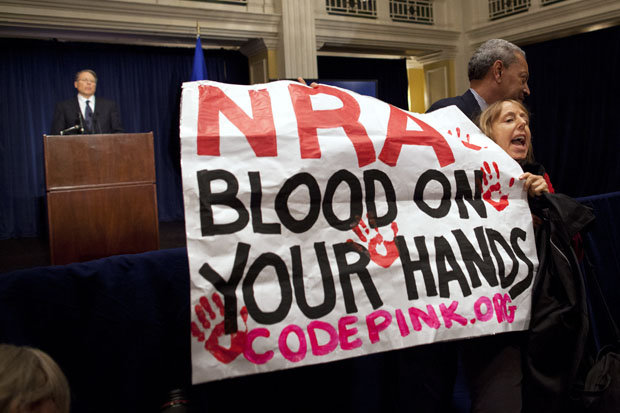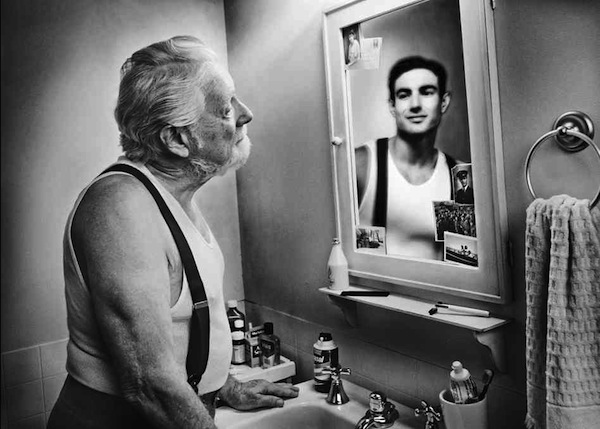Why can’t we replace Christmas with a totally secular holiday?

Keep all the great stuff, just make Jesus optional.
It’s probably fair to say that most of what we do around Christmas at this point is only tangentially related to the birth of Christ. For most people, the 25th does not include a trip to church. In the home or lawn decor departments of your local big box stores, more light-up Santas and snowmen are sold than light-up nativity scenes. When people say, “the holidays”, they refer more to a season of giving, celebration with friends and family, and various ways to indulge in food and drink more than they mean to conjure up the arrival of a baby in a manger.
Why not make the break a clean one? Rename and reschedule and rebrand, whatever it takes to put the “War on Christmas” meme to bed. Let the Christians have their day to celebrate what’s important to them (thanks are due to them for getting these wonderful traditions kicked off!), but let’s move on as a culture. Make this thing bigger and more inclusive. Call it Winter Week (everyone gets more time off!), or Giving Day (there are still presents, and a general feeling of generosity in the air, we should definitely keep those things), but this way it’s not one group enforcing their values on the rest; it’s a fully inclusive, mutually agreed-upon, totally positive but non-religious event for all to enjoy.
Wouldn’t this be better for everyone, especially those not raised or currently part of a particular faith? Especially for those in other faiths who feel left out of Christmas?
Wouldn’t focusing on the giving and togetherness parts actually reinforce what we really love about the holidays?

